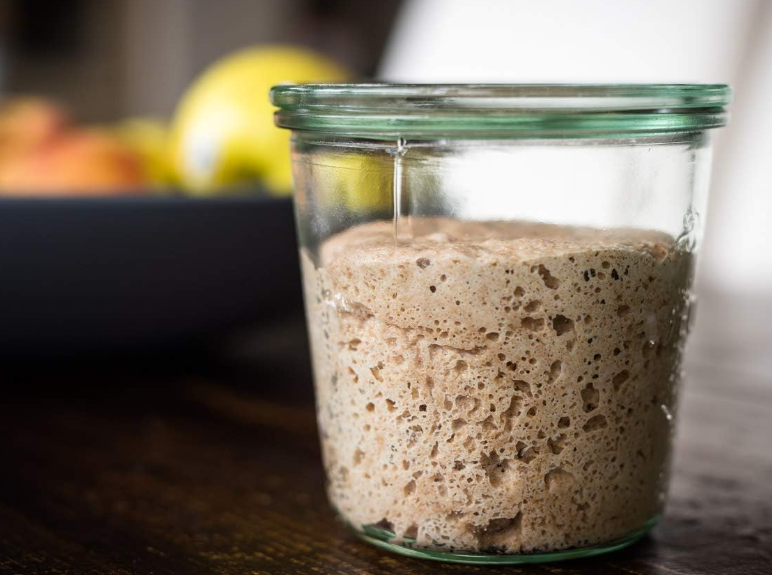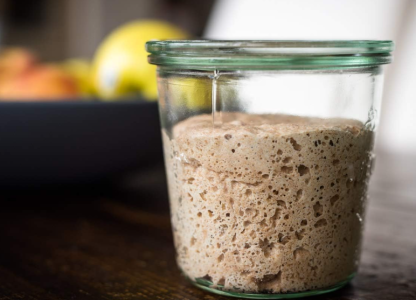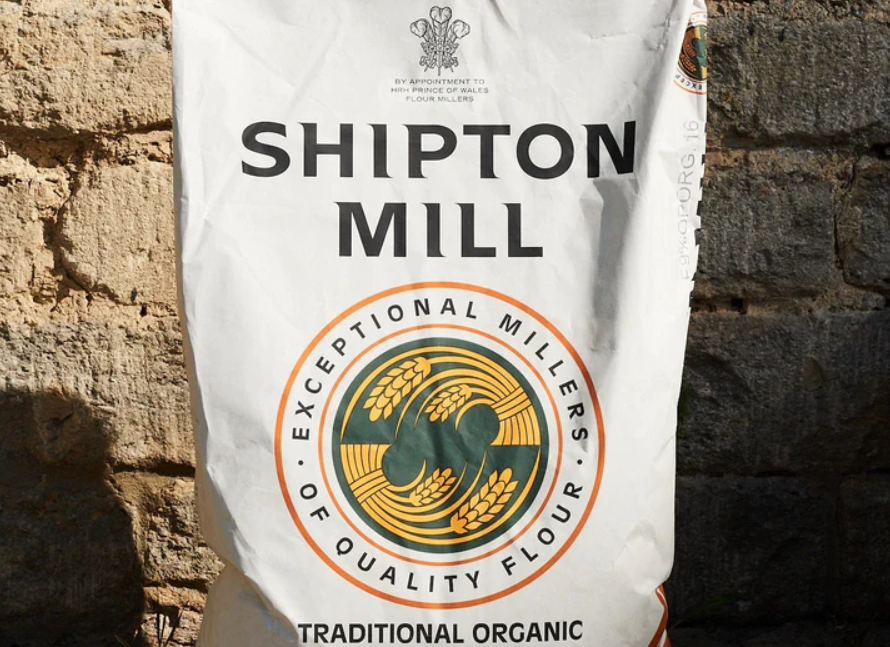This is a question I have been musing over for a while. Sourdough sits at the confluence of nutrition, wellness and habits.
I have the sourdough bug. It is compelling as it is unpredictable – and I have been fermenting my response to the question for months now.
In fact I have two responses. A short response and long response. Each time, broken down into two parts: nutrition and wellness and habits.
The short answer:
Sourdough is both nutritious and delicious1 as well as promoting wellness supporting a healthier lifestyle2.
The longer answer:
The mixing, fermenting, and baking, all of those things should work in balance so you end up with something that transcends the simplicity of its ingredients.
Chad Robertson
Sourdough is both nutritious and delicious1. It is more digestible for most people, with a greater bioavailability of nutrients, and well-tolerated by those with certain sensitivities to commercial yeasts, sugars or other additives. Sourdough may be easier to digest than white bread, with a lower glycemic index and glycemic load, it is also helpful for keeping blood sugars in a healthy range. Lastly, according to studies, sourdough bread acts as a prebiotic, which means that the fibre in the bread helps feed the “good” bacteria in your gut, important for maintaining a stable, healthier digestive system.
Now take a bite out of a handsome slice of sourdough and another from a bread made from commercial yeast and you’ll notice a difference right away. Texture, taste, aroma, the sourdough wins every marker. Crusty yet airy texture and supple crumb, more complex, caramel and earthy flavours, and malted roasty, dairy notes. The improved flavour comes from a sourdough starter’s microbial diversity, the fermentation, a feature that commercial yeast lacks.
And yet, home-baked sourdough is more than nutritious and delicious1 home-baked bread.
The process of baking sourdough is sensuous and nurtures both mind and body, and requires a thoughtful and spiritual approach. Artistic and scientific, it is a combination of passion, patience, dedication and craftsmanship. It’s about connection, using hands, touch, smell, taste, sight, heart and mind.
The Sourdough School
Managing the complex-simplicity of it all, sourdough requires that you pay attention and acknowledge you are responding to a “living thing.” First your sourdough starter, then the sourdough itself.
Home-baking sourdough is form of mindfulness. It is an ‘organoleptic‘ experience: It involves the use of all your senses. What is more, the simple-complexity and the long fermentation combined requires your continued attention and flexible scheduling; you have to relinquish some control of time, present an opportunity for you to downshift.
Yes, baking bread is good for the soul… it teaches us to slow down and wait, then wait some more.
Sarah Z
A hopeful expectation of success, keeping you connected to the very end of the home-bake endeavour. A hopeful expectation that the sourdough will ‘spring,’ during the first minutes of baking, look great, as well as taste delicious – this is all part of the allure. And to the end, sourdough is humble, rustic, basic food, ideal for sharing, and what better way to enjoy a fresh home-bake sourdough than with friends and family.
Sitting alongside “dedication and craftsmanship,” is a personal accountability. Home-baked sourdough is certainly an unforgiving teacher. It has certainly taught me how to fail forward. After nurturing your starter, and two days of preparation; mixing, resting, folding, strengthening, shaping and baking, on numerous occasions I have been left disappointed, if not disheartened, by an unexpected outcome. And frustratingly, even a small step forward, or even a relative success, does not underwrite success the next – that simple-complexity, is more complex than simple!



